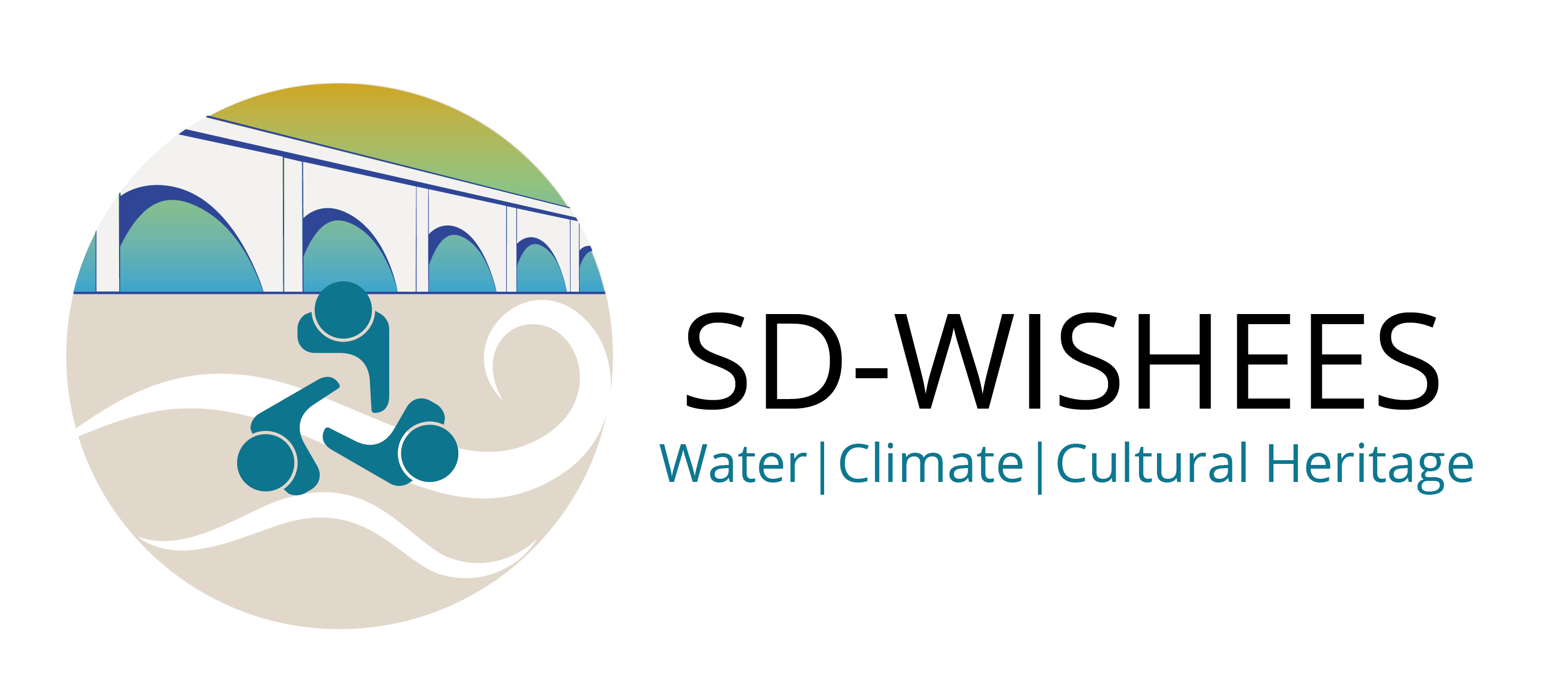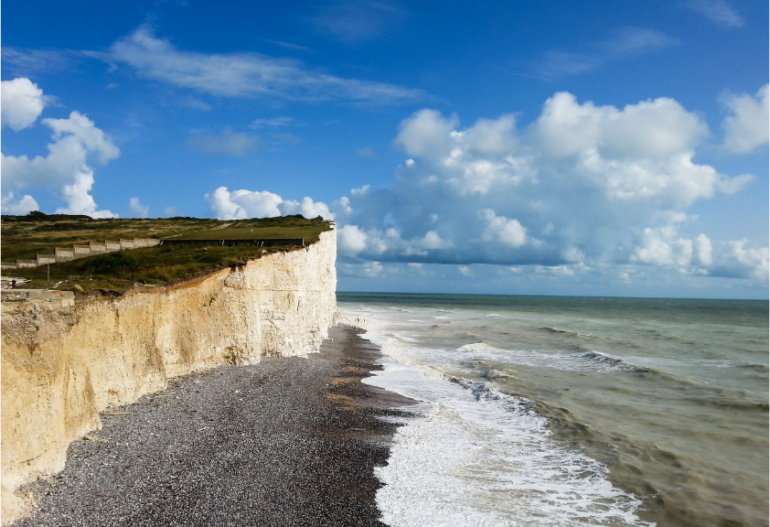Heritage is defined by UNESCO as “our legacy from the past, what we live with today, and what we pass on to future generations” – it is who we are and what shapes our identity. But cultural heritage does not refer only at monuments and collections of objects (tangible culture): it also embeds intangible culture (social practices, traditions, language and knowledge) and natural sites (landscapes, biodiversity).
SD-WISHEES aims to support European widening strategies by enabling collaboration between national Research & Innovation funding members to protect cultural heritage in Europe and beyond in a context of climate change characterized by more frequent and severe hydroclimatic extreme events.
Through their membership as funder contributors or experts in the Climate JPI, the Water JPI and the PRIMA Foundation, the SD-WISHEES Consortium gathers 16 partners from widening countries within Horizon Europe (Malta, Portugal, Romania), Associated countries to the programme or with which negotiations are currently taking place (Albania, Georgia, United Kingdom), international parties (Kenya) and EU countries with long experience in Framework Programmes (Belgium, Italy, France).
The project objectives are
- Enhance cross-sector collaborations and strategic coordination between water, climate and cultural heritage
- Launch and monitor joint activities to measure progress towards widening
- Address potential barriers for collaboration
- Evaluate the impacts of those joint activities on widening policies as well as EU and international policy frameworks, notably the EU Green Deal and the Sustainable Development Goals (SDGs)
- Implement joint activities enabling the market, regulatory and societal uptake of results
The project is structured around 6 work packages (WP) looking at the coordination of activities (WP1), the identification of relevant gaps in the fields of cultural heritage, water and climate interlinkages (WP2), the launch of joint activities, the TAP instrument (Thematic Annual Programming; WP3), communication and dissemination of project results (WP4), the analysis of impacts of proposed actions on EU widening strategies (WP5), and the implementation of specific tools to enable the social, regulatory and market uptake of proposed innovations stemming from joint activities (WP6).




